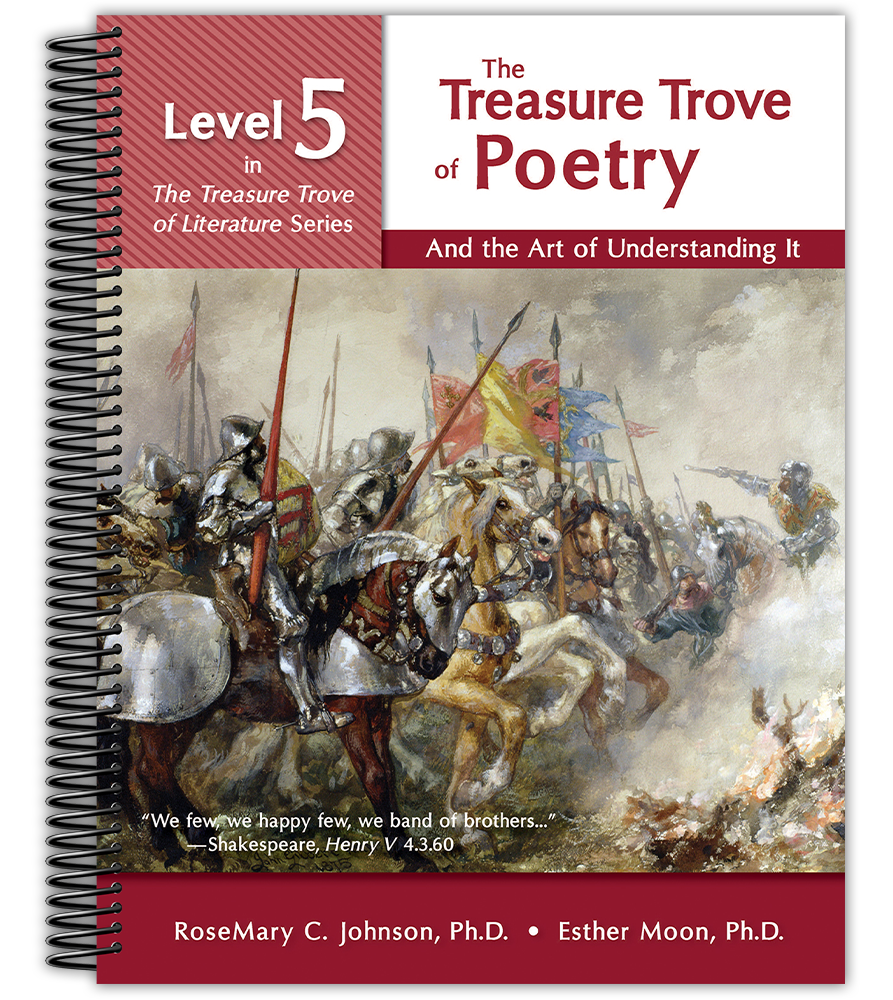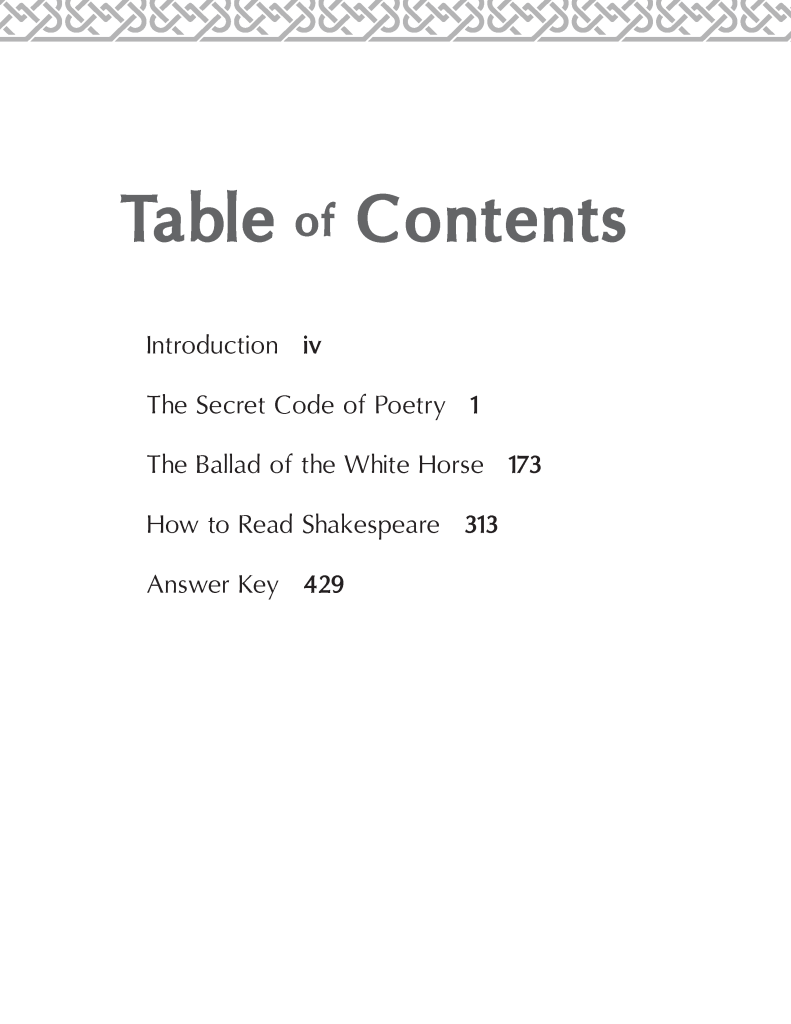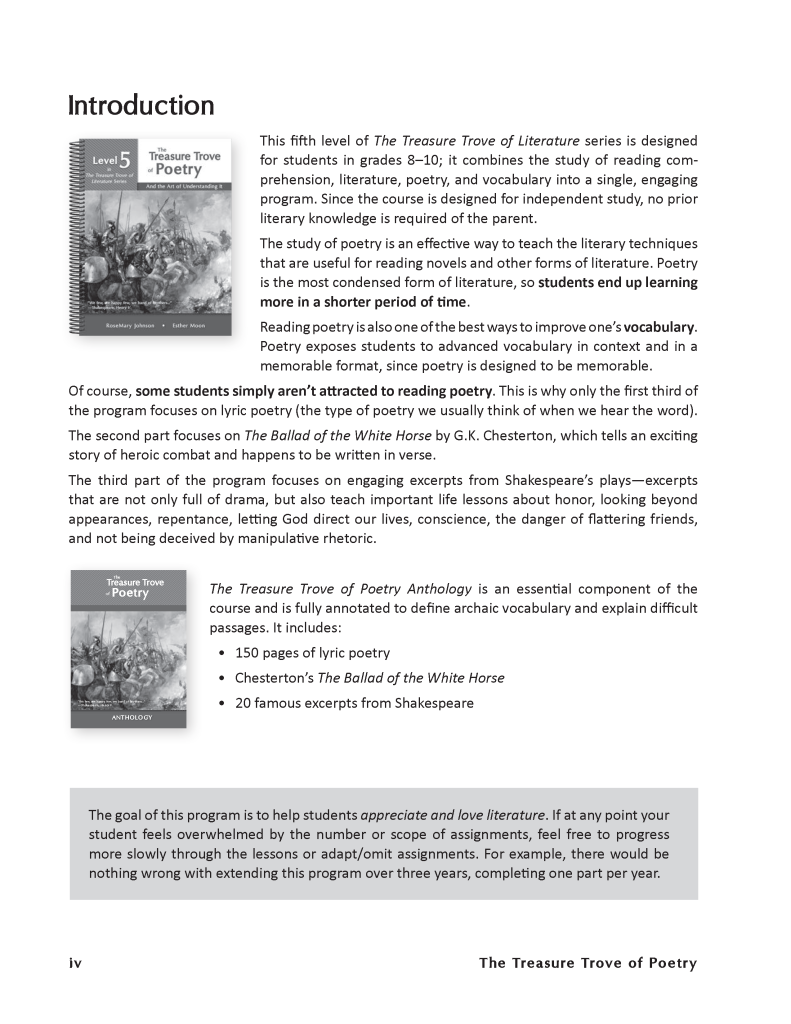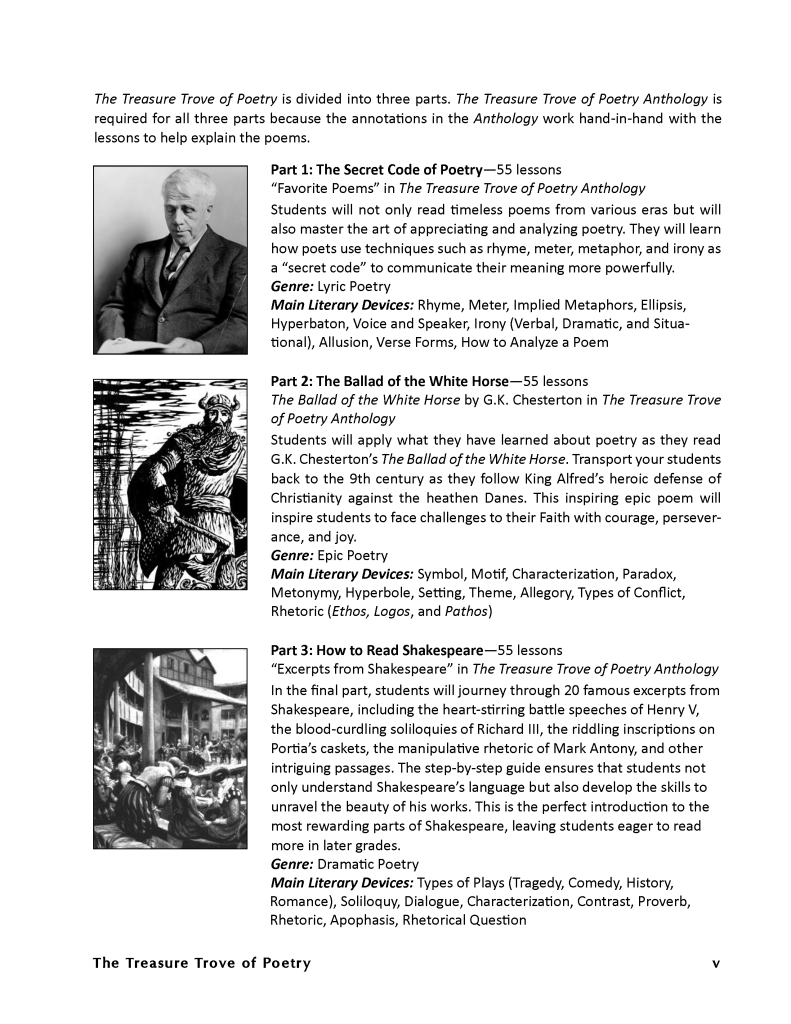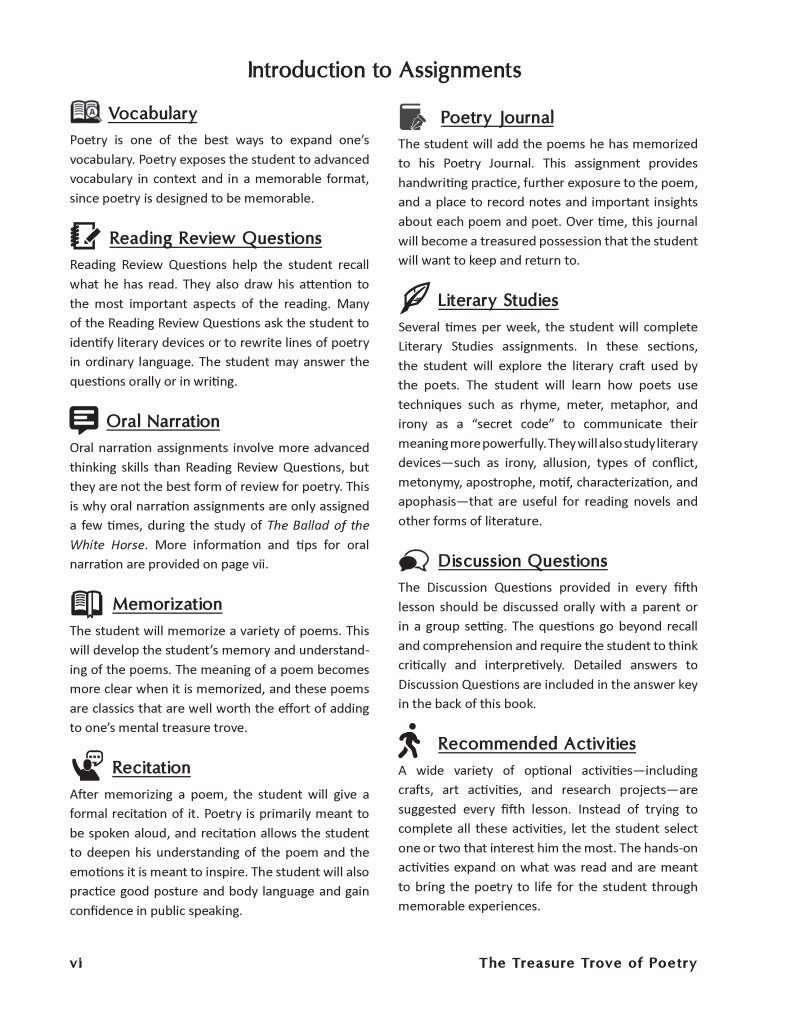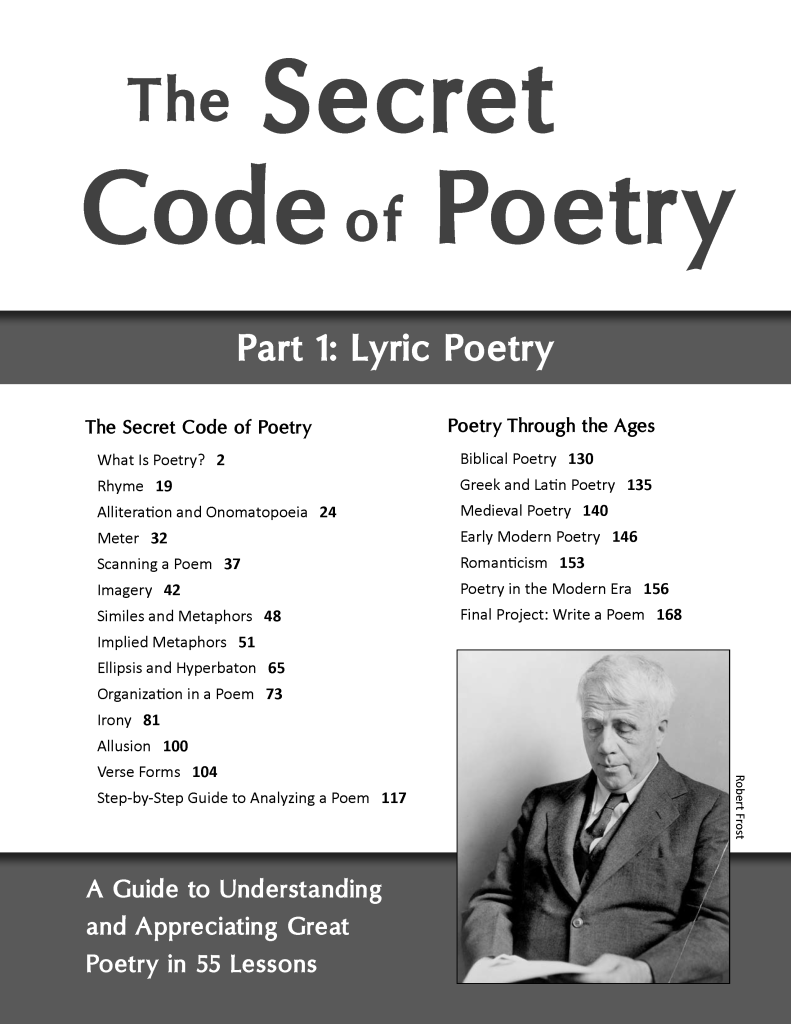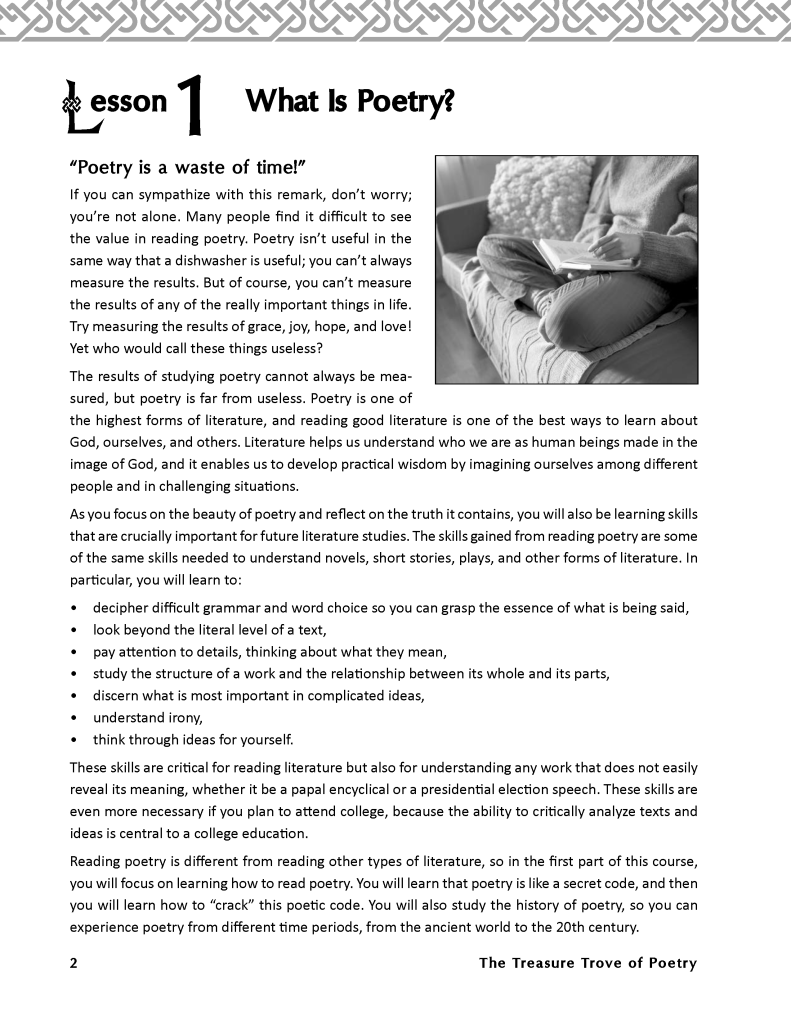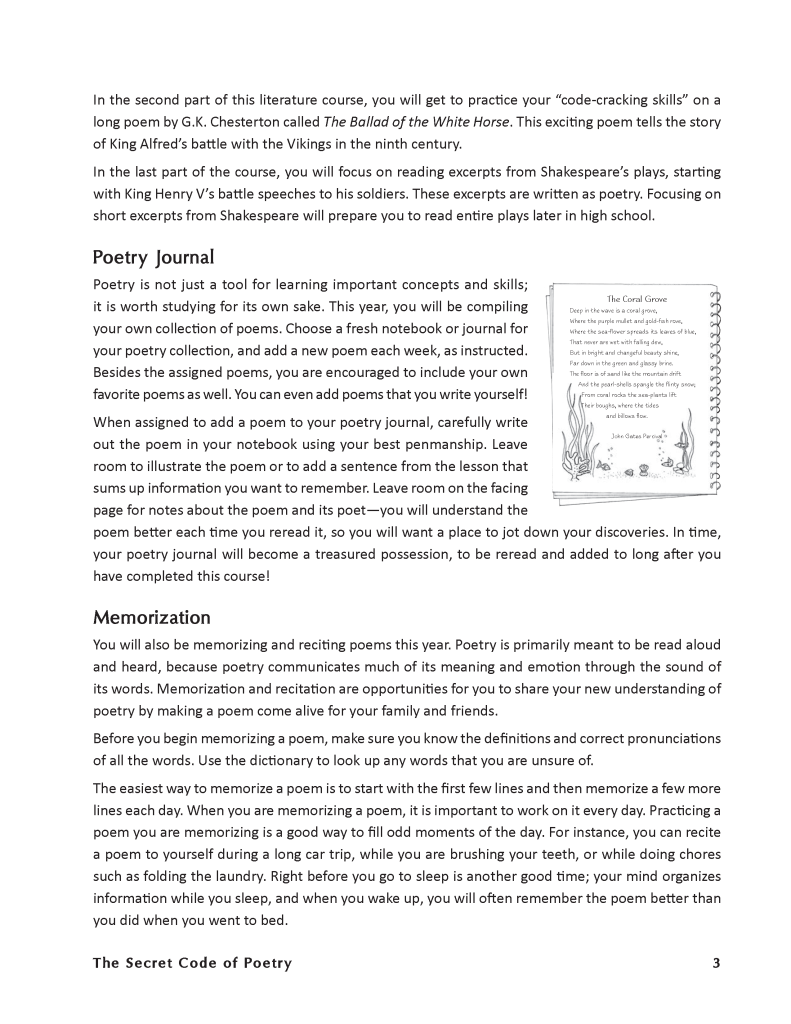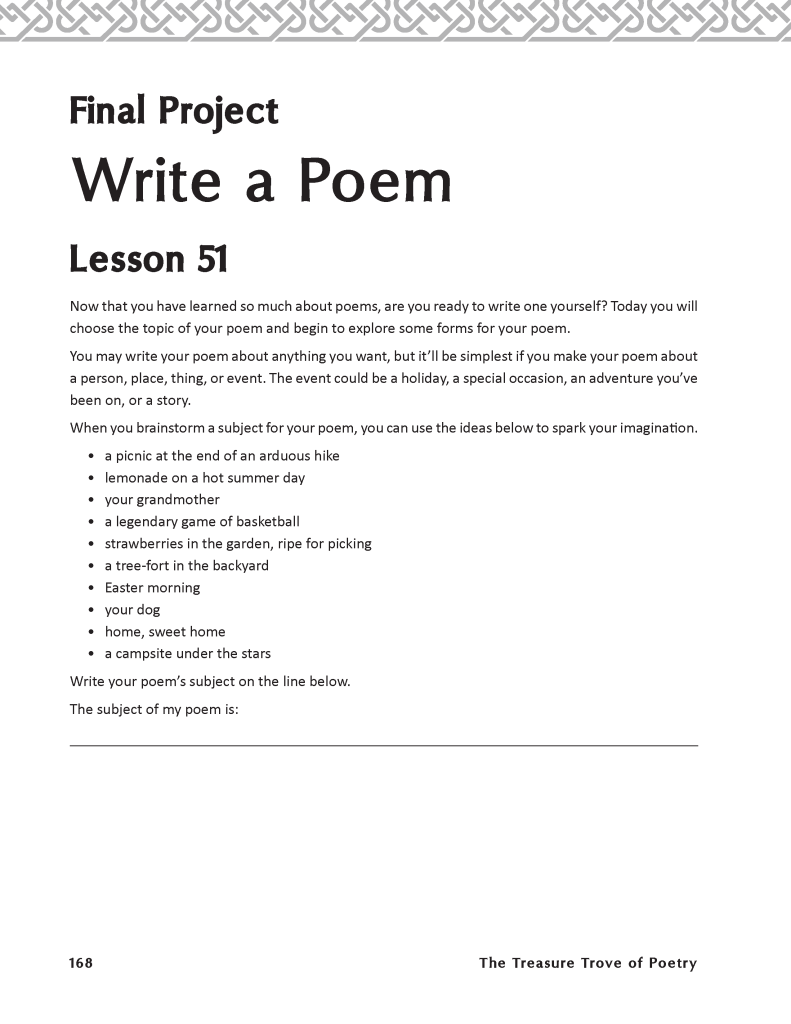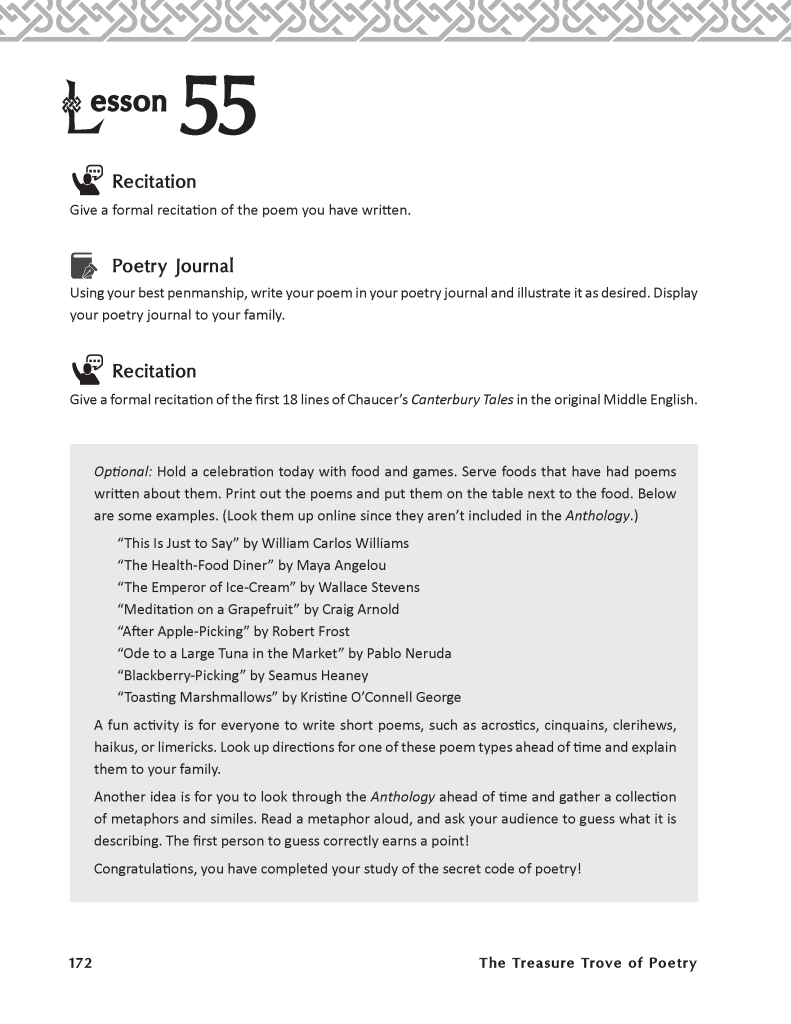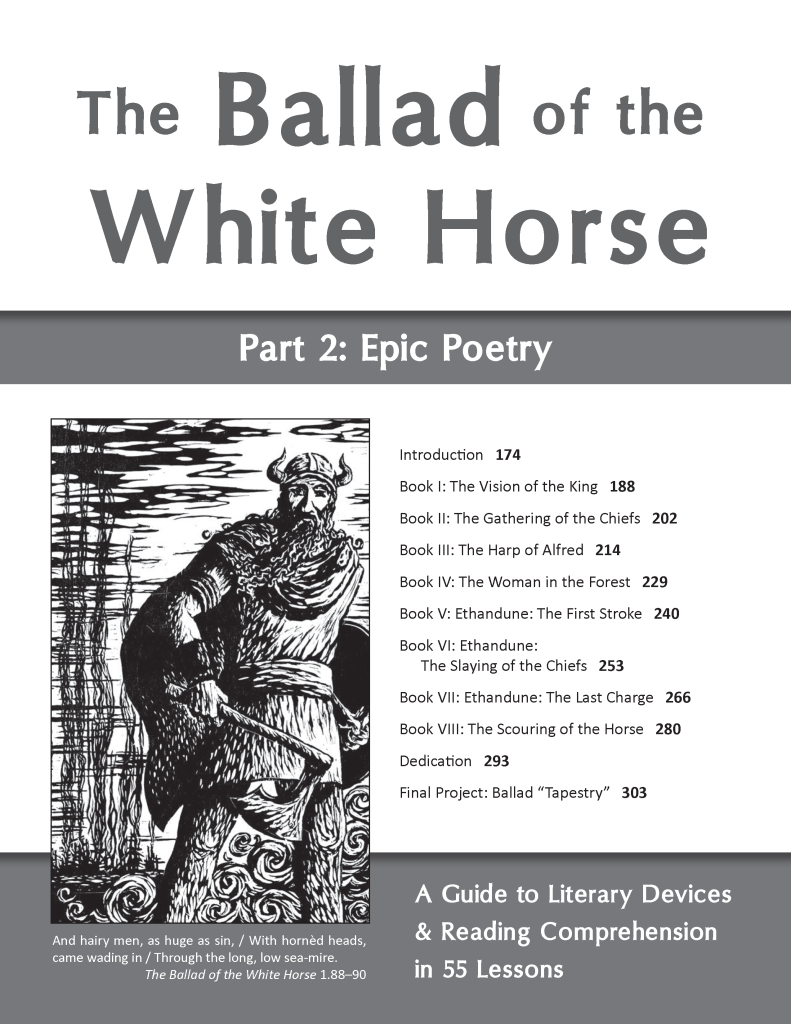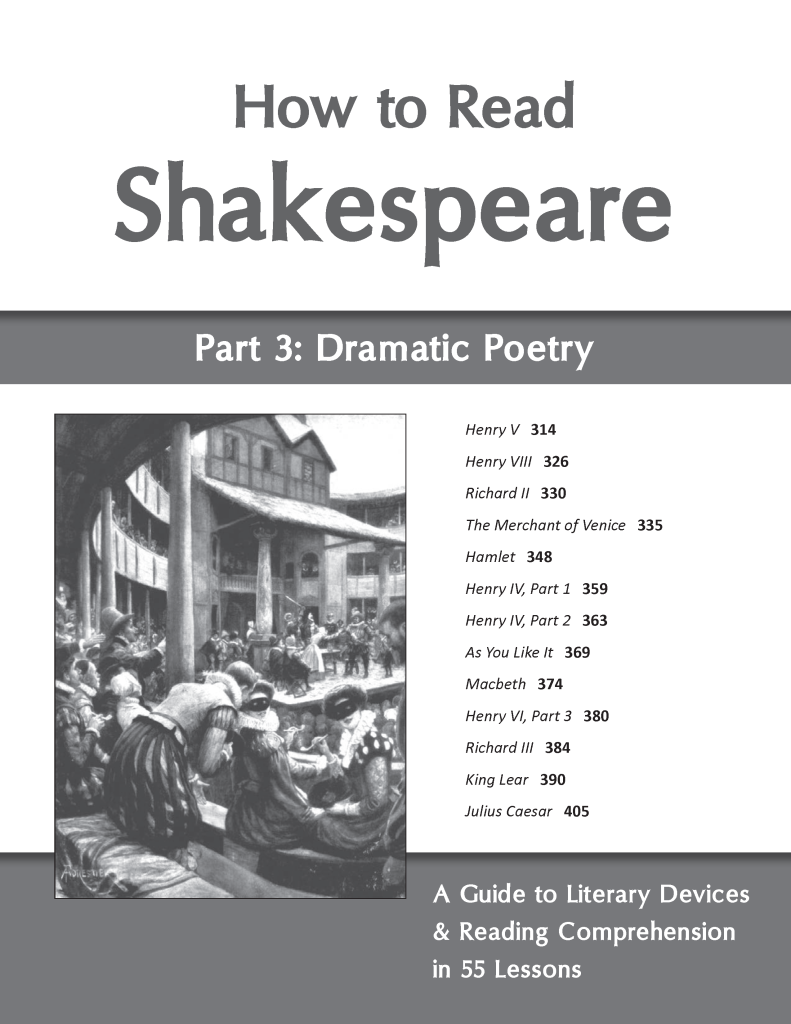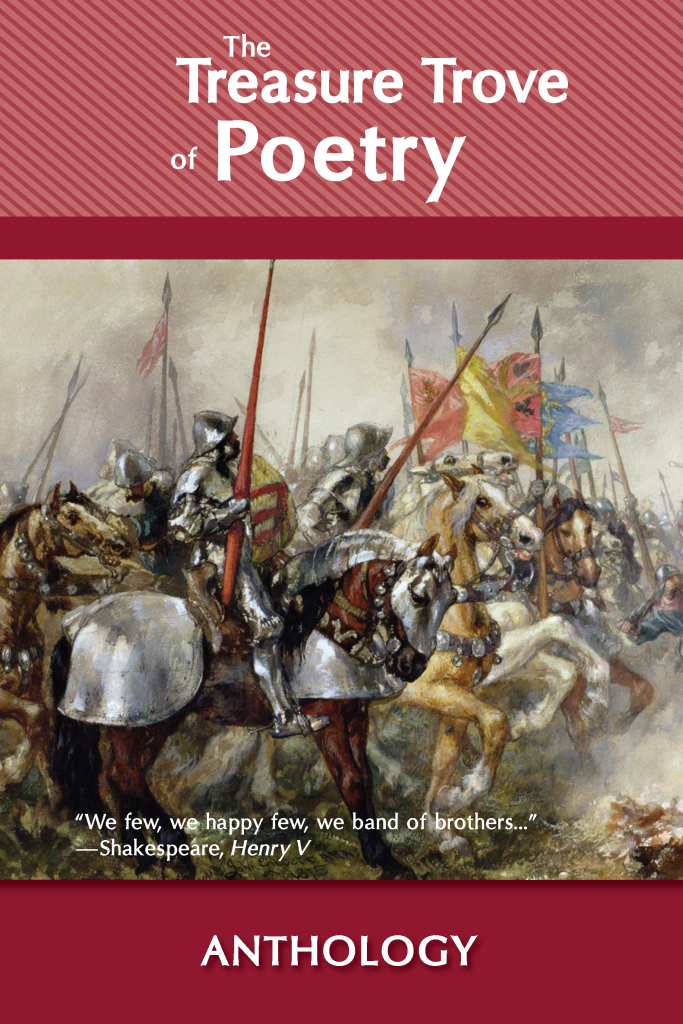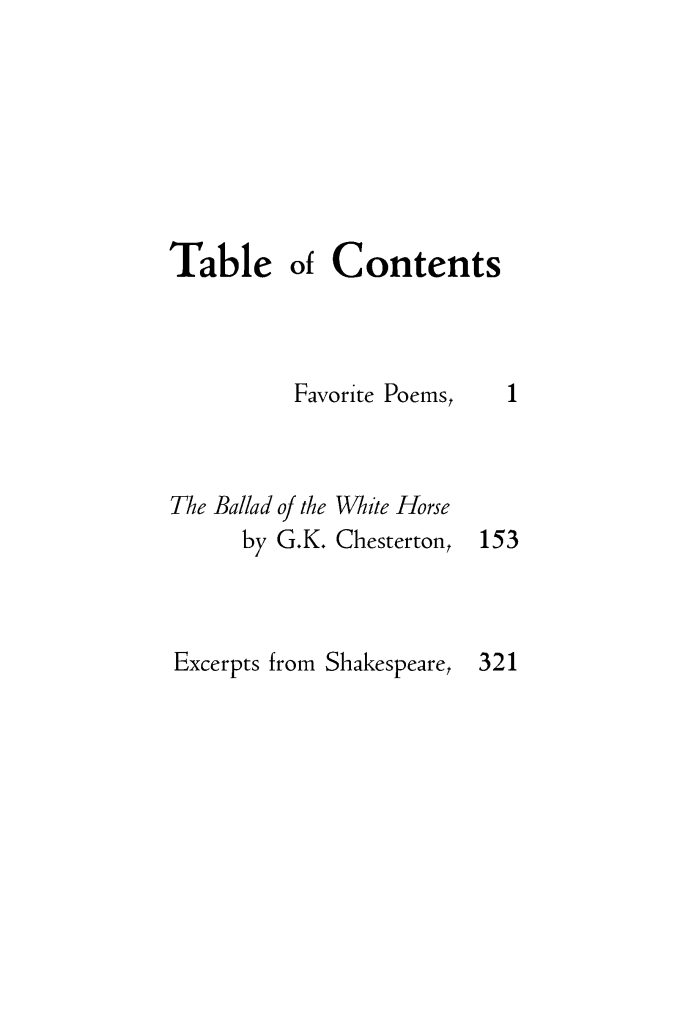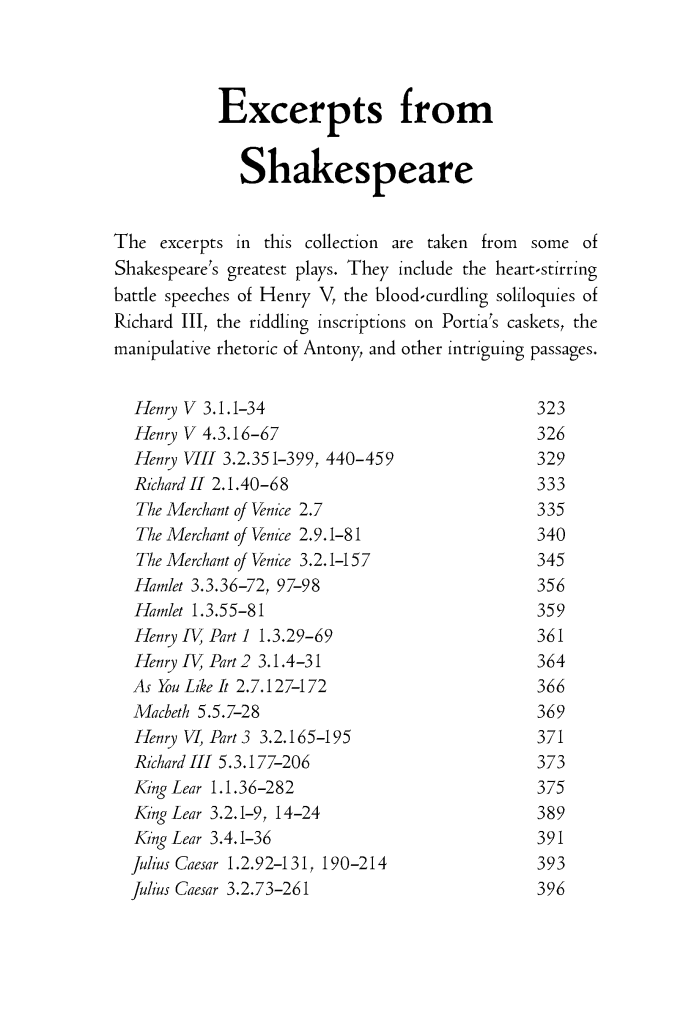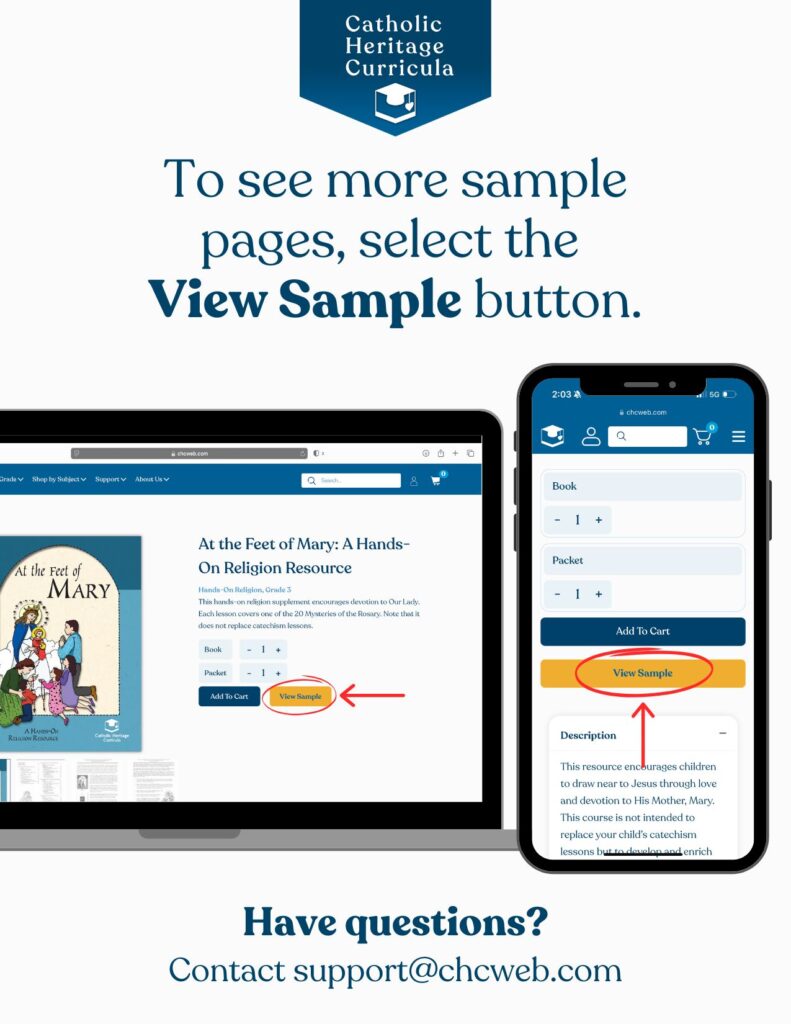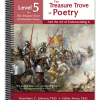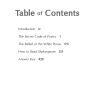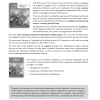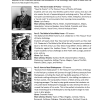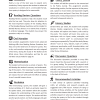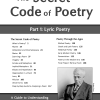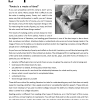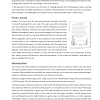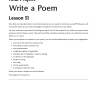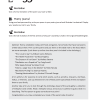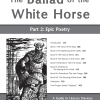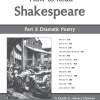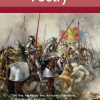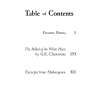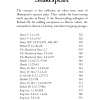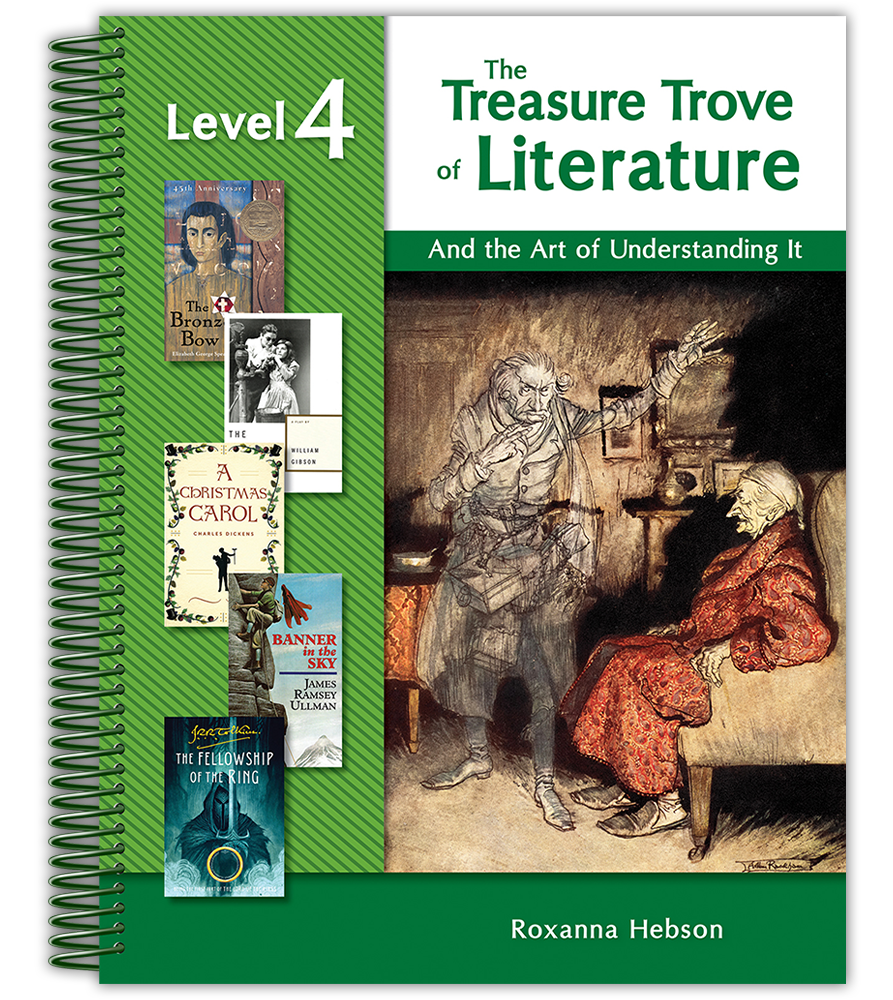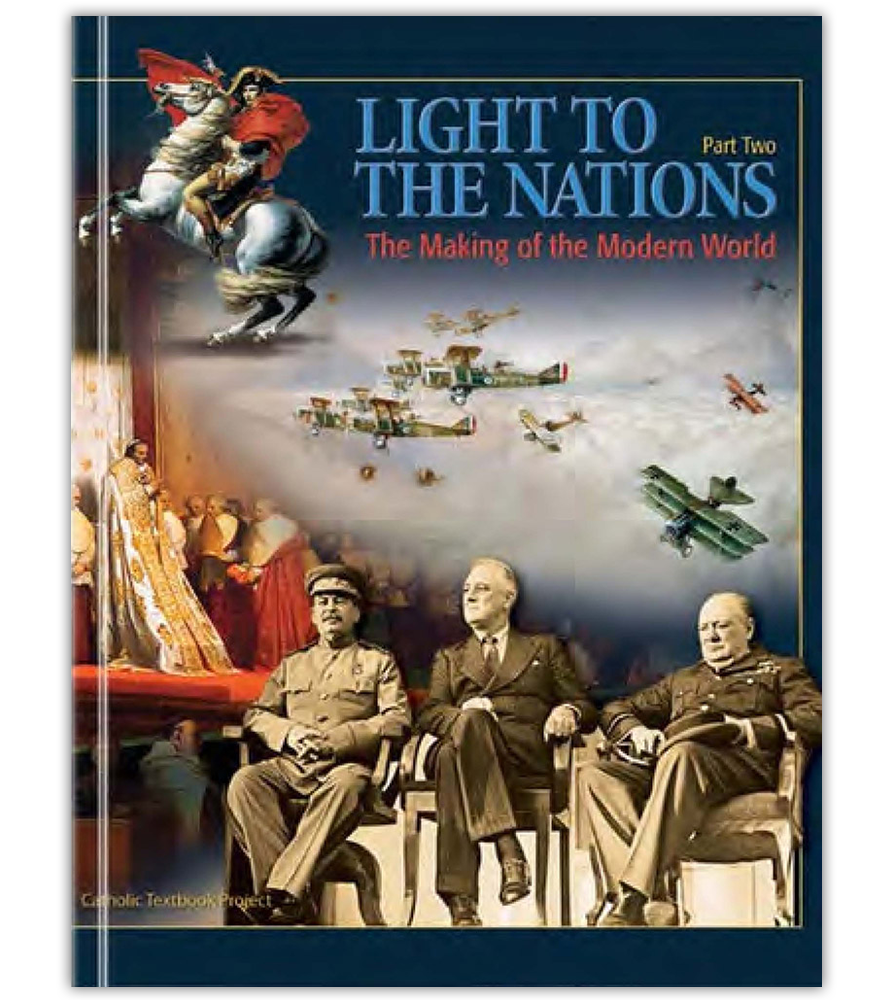An Easy-to-Use Literature Program with Hands-On Activities
The Treasure Trove of Poetry consists of a WORKTEXT and an ANTHOLOGY. The worktext is divided into three equal parts:
- The Secret Code of Poetry (Lyric Poetry)
Students will not only read timeless poems from various eras but will also master the art of appreciating and analyzing poetry. They will learn how poets use techniques such as rhyme, meter, metaphor, and irony as a “secret code” to communicate their meaning more powerfully. - The Ballad of the White Horse (Epic Poetry)
Students will apply what they have learned about poetry as they read G.K. Chesterton’s The Ballad of the White Horse. Transport your students back to the 9th century as they follow King Alfred’s heroic defense of Christianity against the heathen Danes. This inspiring epic poem will inspire students to face challenges to their Faith with courage, perseverance, and joy. - Shakespeare (Dramatic Poetry)
In the final part, students will journey through 20 famous excerpts from Shakespeare, including the heart-stirring battle speeches of Henry V, the blood-curdling soliloquies of Richard III, the riddling inscriptions on Portia’s caskets, the manipulative rhetoric of Mark Antony, and other intriguing passages. The step-by-step guide ensures that students not only understand Shakespeare’s language but also develop the skills to unravel the beauty of his works. This is the perfect introduction to the most rewarding parts of Shakespeare and will leave students eager to read more in later grades.
Designed for independent study—no prior literary knowledge needed from the parent! To encourage independent study, all instructions are directed to the student.
Removable parent resources in the Worktext include:
- complete answer key
- detailed guide to discussion questions
The Anthology is an essential component of The Treasure Trove of Poetry. It includes 150 pages of lyric poetry, Chesterton’s The Ballad of the White Horse, and 20 famous excerpts from Shakespeare. The Anthology is fully annotated to define archaic vocabulary and explain difficult passages.
Recommended for grades 8-10. The program is designed to be completed in one year, but it could be completed over a longer period. A daily schedule for this program is available in CHC Lesson Plans for Eighth Grade.
Part 1: The Secret Code of Poetry—55 lessons
“Favorite Poems” in The Treasure Trove of Poetry Anthology
Genre: Lyric Poetry
Main Literary Devices: Rhyme, Meter, Implied Metaphors, Ellipsis, Hyperbaton, Voice and Speaker, Irony (Verbal, Dramatic, and Situational), Allusion, Verse Forms, How to Analyze a Poem
Part 2: The Ballad of the White Horse—55 lessons
The Ballad of the White Horse by G.K. Chesterton in The Treasure Trove of Poetry Anthology
Genre: Epic Poetry
Main Literary Devices: Symbol, Motif, Characterization, Paradox, Metonymy, Hyperbole, Setting, Theme, Allegory, Types of Conflict, Rhetoric (Ethos, Logos, and Pathos)
Part 3: How to Read Shakespeare—55 lessons
“Excerpts from Shakespeare” in The Treasure Trove of Poetry Anthology
Genre: Dramatic Poetry
Main Literary Devices: Types of Plays (Tragedy, Comedy, History, Romance), Soliloquy, Dialogue, Characterization, Contrast, Proverb, Rhetoric, Apophasis, Rhetorical Question
WORKTEXT
Product Code: TTL5-T
Format: Softcover
Binding: Spiral binding
Page Count: 466 pages
Dimensions: 8.5″×11″
ISBN: 9781946207708
Returnable? Yes, view return policy.
Consumable? Yes, purchase one per student.
Answer key: A removable answer key is included in the back of the book.
ANTHOLOGY
Product Code: TTL5-A
Format: Softcover
Binding: Perfect bound
Page Count: 406 pages
Dimensions: 6″×9″
ISBN: 9781946207715
Returnable? Yes, view return policy.
Consumable? No, purchase one per family.
Answer key: None required.
RoseMary C. Johnson, Ph.D., was homeschooled with CHC materials from preschool through high school. She graduated summa cum laude from the University of Dallas with a Bachelor’s degree in English and a concentration in Greek. She completed a Ph.D. in Literature at the University of Dallas. RoseMary is the now the General Editor of CHC’s publications, including The Treasure Trove of Literature and Ever Ancient, Ever New: Art History, Appreciation, Theory, and Practice.
Esther Moon, Ph.D., was homeschooled and could usually be found reading a book when she wasn’t building tree forts. On some of her adventures, she explored ancient Egyptian tombs; earned a B.A. in Politics, Philosophy, and Economics; taught Shakespeare in Italy; and completed a Ph.D. in Literature at the University of Dallas in 2022.
Q: Can I use other editions of Chesterton and Shakespeare, or is the Anthology required?
A: The Treasure Trove of Poetry Anthology is required. The annotations in the Anthology work hand-in-hand with the lessons, so using a different edition would create confusion.
Q: Is it worth spending a whole year studying poetry? I don’t think my student will be interested.
A: The study of poetry is an effective way to teach the literary techniques that are useful for reading novels and other forms of literature. Poetry is the most condensed form of literature, so students end up learning more in a shorter period of time.
Reading poetry is also one of the best ways to improve one’s vocabulary. Poetry exposes students to advanced vocabulary in context and in a memorable format, since poetry is designed to be memorable.
Of course, some students simply aren’t attracted to reading poetry. This is why only the first third of the program focuses on lyric poetry (the type of poetry we usually think of when we hear the word). The second part focuses on The Ballad of the White Horse by G.K. Chesterton, which is written in verse but also tells an exciting story of heroic combat. The third part of the program focuses on engaging excerpts from Shakespeare’s plays—excerpts that are not only full of drama, but also reveal important life lessons about honor, looking beyond appearances, repentance, letting God direct our lives, conscience, the danger of flattering friends, and not being deceived by manipulative rhetoric.
Q: The description says that The Treasure Trove of Poetry is a Catholic literature program. Can you elaborate more on this? How is our Faith woven into this product?
A: First of all, the program is Catholic because it includes poetry by Catholic poets and avoids poems with immoral or suggestive themes. More importantly, The Treasure Trove of Poetry is Catholic in the way it defines and approaches poetry: that poetry is not simply art for art’s sake but is an attempt to express aspects of the truth about God, human nature, and the rest of creation. This understanding makes it possible to make value judgments about poems and to evaluate some literary time periods as better than others, instead of being relativistic. At the same time, understanding poetry as a way of expressing reality makes it possible to appreciate even works by poets who were mistaken in their religious or moral beliefs. As the authors explain, “Because we are perpetually surrounded by truth and beauty in creation and in our fellow human beings, any poet who is open to understanding and communicating reality can capture at least a degree of truth and beauty in his poetry.”
Q: How is this poetry course different from the earlier book The Secret Code of Poetry?
A: The first third of The Treasure Trove of Poetry consists of a revised and improved version of The Secret Code of Poetry. The remaining two-thirds of The Treasure Trove of Poetry is brand-new material focusing on epic and dramatic poetry by G.K. Chesterton and Shakespeare.
Related Products
If you like the featured item on this page, you might be interested in the related materials below.
More Products for This Grade Level
If you like the featured item on this page, you might be interested in other items for the same grade level.

